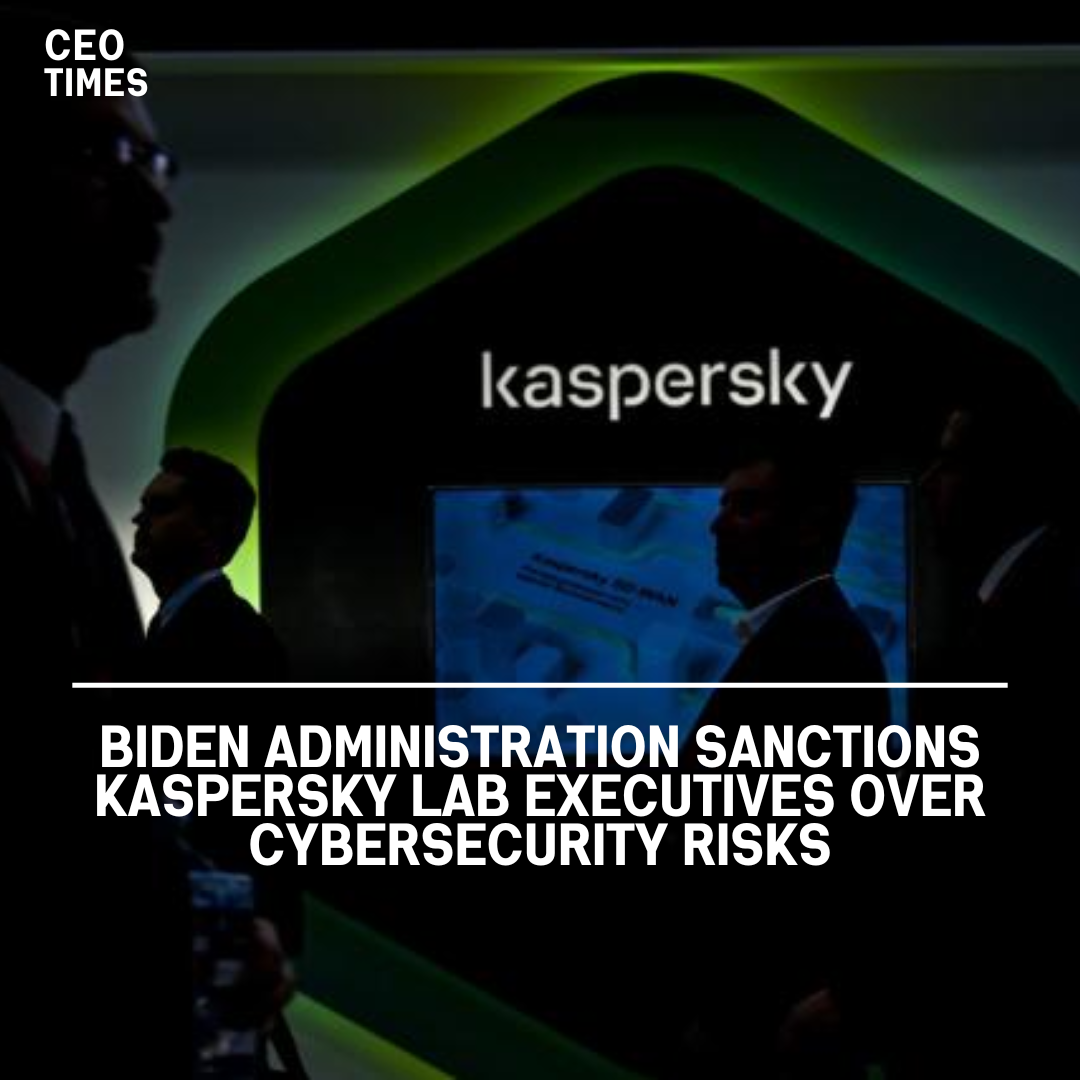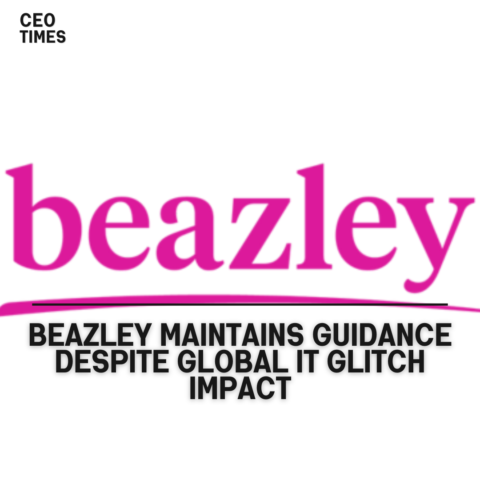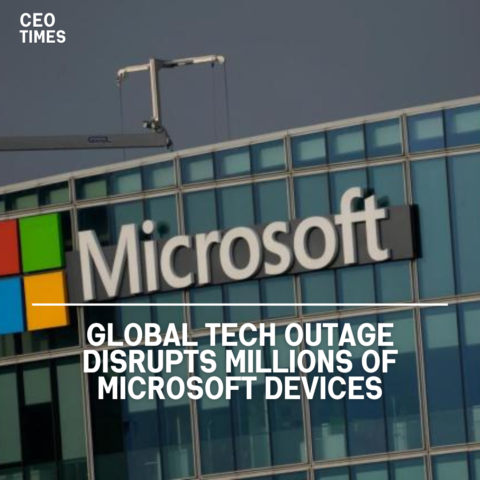The Biden administration has imposed sanctions on 12 senior executives of AO Kaspersky Lab, highlighting cybersecurity threats the Russian antivirus software company poses.
Leadership Sanctions and Cybersecurity Concerns:
The sanctions target key leaders at Kaspersky Lab, including the chief business development officer, chief operating officer, legal officer, corporate communications chief, and others.
According to Treasury Under Secretary Brian Nelson, this action underscores the administration’s commitment to safeguarding the cyber domain and protecting citizens from malicious cyber threats.
Kaspersky’s Response
A spokesperson for Kaspersky Lab described the sanctions as “unjustified and baseless,” asserting that the measures would not impact the company’s resilience.
The spokesperson emphasized that the sanctions do not target the parent or subsidiary companies or its chief executive, Eugene Kaspersky. Kaspersky Lab denied ties to government entities or Russian military and intelligence authorities.
Broader Context and U.S. Actions
These sanctions are part of the Biden administration’s broader strategy to mitigate the risks of Russian cyberattacks, particularly in light of Moscow’s ongoing war in Ukraine. The administration has limited options for imposing sanctions on Russia and focuses on cybersecurity threats.
AO Kaspersky is one of two Russian units of Kaspersky Lab placed on a Commerce trade restriction list for allegedly supporting Russian military intelligence cyber-intelligence goals.
This was accompanied by a ban on sales, resales, and software updates for Kaspersky products in the U.S., effective September 29.
Risks Associated with Kaspersky Software
U.S. authorities assert that Kaspersky software poses serious risks due to:
- Russian influence: The potential for the Russian government to exert control over Kaspersky Lab.
- Privileged access: The software’s access to a computer’s system could enable it to steal sensitive information.
- Malware installation: The capability to install malware and withhold critical updates.
Sanction Implications
The sanctions prohibit American companies or citizens from trading or conducting financial transactions with the sanctioned Kaspersky executives. Any assets held by these executives in the United States will also be frozen.




















